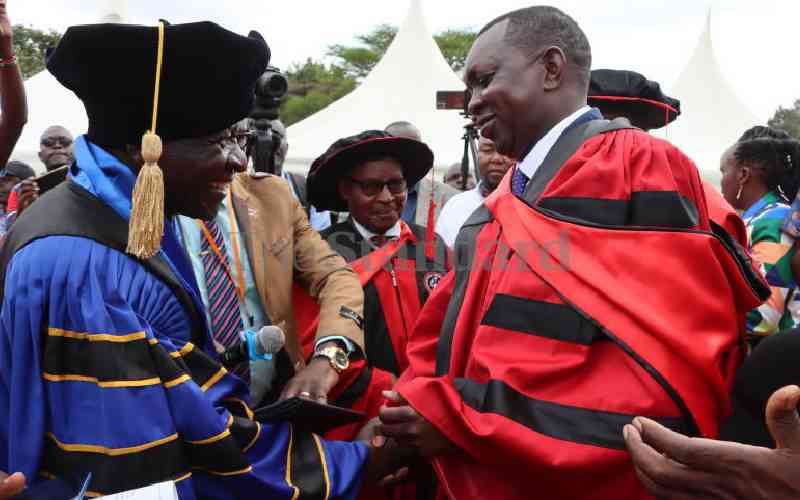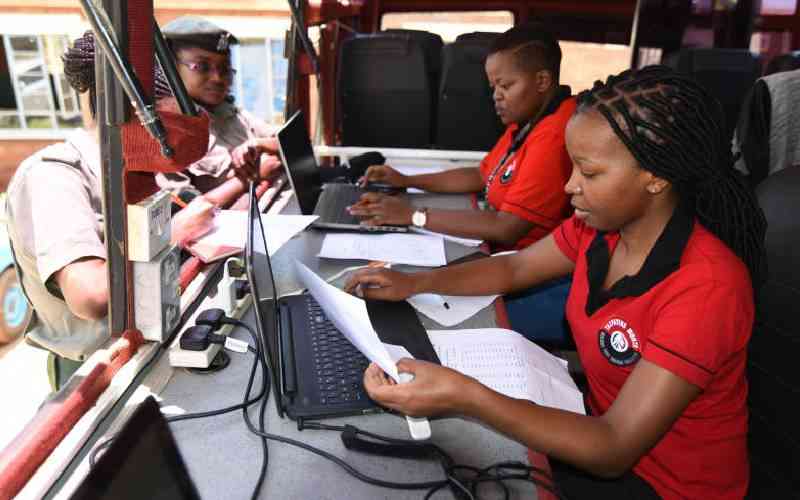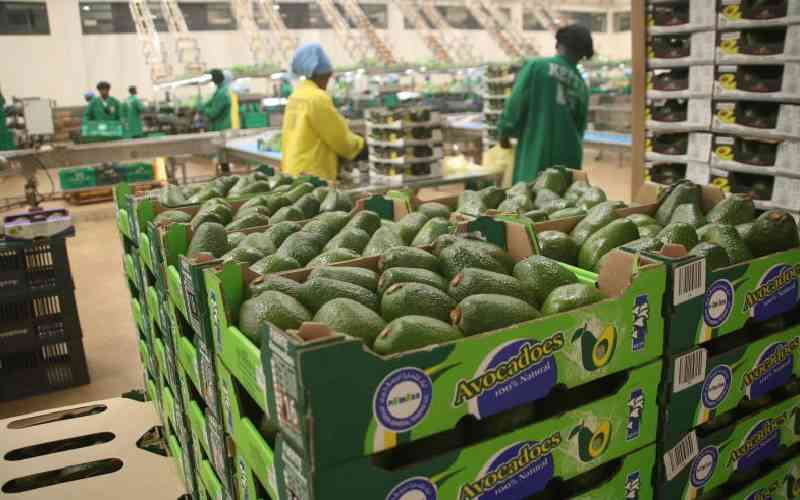
Currently, only about 2 per cent of global research originates from Africa, despite the continent being the second most populous in the world. This significant disparity is particularly concerning given that global issues affecting Africa often receive more research funding from institutions outside the continent, especially in Western countries, than from local universities and research institutes.
A notable example of this funding imbalance is highlighted in Mawazo Institute’s Sector Briefs report on the Emerging Trends in Research (2023). The report reveals a stark contrast in funding allocation for climate change research. Although climate change significantly impacts Africa, approximately 80 per cent of the research funding related to its effect is directed towards institutions in developed countries. Comparatively, Kenya and South Africa received only 2.3 per cent and 2.2 per cent of this funding respectively. Furthermore, according to the ACU Measures Supporting Research Survey conducted in 2023, 17 per cent of African institutions surveyed reported receiving no funding at all for their research activities.
The lack of investment has dire consequences for Kenya. According to the global Science Journal Ranking, SJR, Kenya ranks 68th in the world, and 8th in Africa, in the number of research publications produced. A 2023 article in Nature Africa on research funding in Africa, discussed how inadequate government support has left African researchers vulnerable to unequal collaborative research projects, and dependent on foreign grants to fund their research.
Additionally, there is a growing concern that Kenyan researchers are working in isolation. A 2019 report commissioned by the Department for International Development, now FCDO, indicated that 60 per cent of Kenyan researchers are employed by higher education institutions. This high concentration within academia suggests that there is a disconnect between research activities and their practical implications as the researchers may be focused more on theoretical pursuits rather than addressing pressing societal issues.
As Dr Obiageli “Oby” Ezekwesili, a prominent Nigerian economic and public policy expert, recently emphasised, "Research in Africa is currently disconnected from society. Researchers are often isolated in academic environments, disconnected from real-world problems and solutions."
In recent years, there has been increasing recognition of the necessity to reposition research as a cornerstone of sustainable growth. The 2023 Africa Growth Initiative report underscored the importance of prioritising research and development as a high value investment for the continent’s future. In 2019, the report by FCDO, outlined that despite the number of universities nearly tripling over seven years, 47 per cent of Kenya’s domestic R&D expenditure was sourced from international funding. It is important to note that investment in research extends beyond mere financial contribution, it encompasses prioritising research initiatives and supporting its growth and application. Kenyan research can not thrive without government support and investment.
A transformative shift is necessary for research to become the nucleus of governance and strategy. Significant progress would include having more robust, intentional partnerships amongst public and private sectors with research institutions.
Ms Odera is a communications officer at Mawazo Institute
 The Standard Group Plc is a multi-media organization with investments in media
platforms spanning newspaper print operations, television, radio broadcasting,
digital and online services. The Standard Group is recognized as a leading
multi-media house in Kenya with a key influence in matters of national and
international interest.
The Standard Group Plc is a multi-media organization with investments in media
platforms spanning newspaper print operations, television, radio broadcasting,
digital and online services. The Standard Group is recognized as a leading
multi-media house in Kenya with a key influence in matters of national and
international interest.
 The Standard Group Plc is a multi-media organization with investments in media
platforms spanning newspaper print operations, television, radio broadcasting,
digital and online services. The Standard Group is recognized as a leading
multi-media house in Kenya with a key influence in matters of national and
international interest.
The Standard Group Plc is a multi-media organization with investments in media
platforms spanning newspaper print operations, television, radio broadcasting,
digital and online services. The Standard Group is recognized as a leading
multi-media house in Kenya with a key influence in matters of national and
international interest.











